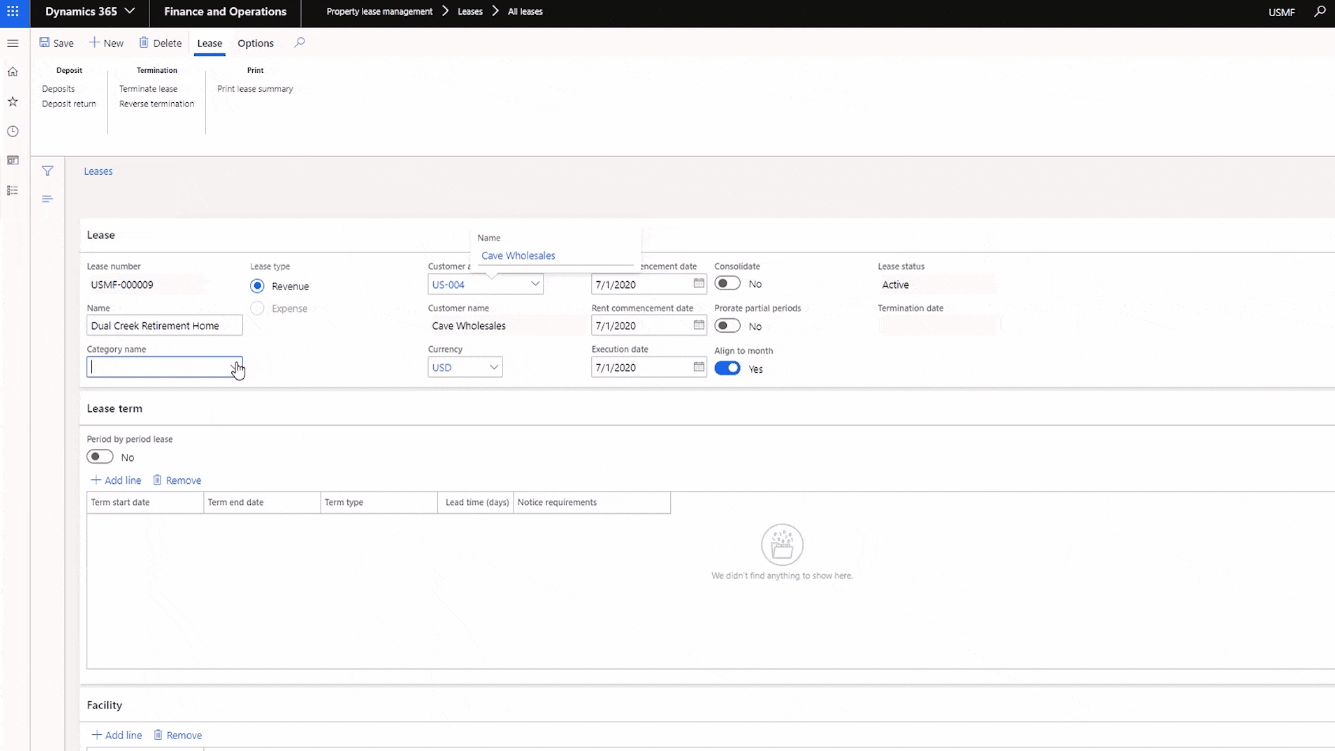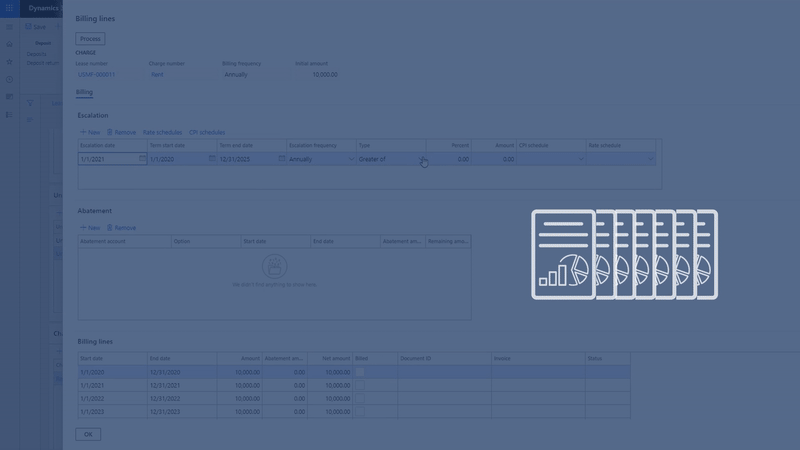Lease management software varies in both the quality and the functionality of its features. If you’re investing in software to manage property, plant or equipment leases, you need to be aware of each feature’s benefits when managing the complexity of lease portfolios.
As your company grows, optimizing your lease administration strategy will be critical as property management grows in complexity. The right software will enable you to simultaneously scale, reduce risk, and streamline operations. Although there are some cheap solutions on the market, you tend to get what you pay for. Cheap lease management software rarely has the functionality you can rely on to get the job done efficiently. If you’re interested in finding a robust solution, this blog covers the essentials.
Top 8 lease management software features
1. Integrates with the rest of your accounting ecosystem
This feature comes first as it’s one that many companies forget. It’s easy to get distracted by new functionality, but there’s nothing more important than being able to seamlessly integrate your new solution with your current systems and databases. An inability to do this means you end up working between disparate systems—a process that results in bottlenecks and human error.
If you’re going to invest in an ERP system to manage your leases, the first item on your checklist should be integrating with your current systems. If you use Microsoft Dynamics, it will be essential to find property lease management software that extends its functionality, rather than increase complexity and errors with a system that doesn’t integrate fully.

2. Exists in the cloud
Older systems often run from an on-premise database or server, with users having to be onsite to input data. This is a solution that is no longer suitable for busy property managers as technology has increased our business speed. Cloud-based systems allow teams to work in real-time with access to a centralized database from any location.
By allowing your lease management to exist in the cloud, you allow yourself more flexibility and give your team the ability to access the info they need when they need it. Resulting in fewer bottlenecks and allowing more efficient decision making. Also, you eliminate the need for large on-premise servers that are expensive to maintain and upgrade.
3. Automates time-consuming processes for bills, sale-based rent, disbursements and reconciliations
Lease management is heavy on administration, so it’s crucial to get a system capable of automating your most time-consuming processes. Bills, invoices, disbursements and reconciliations should all be possible to automate to cut down on manual labour and data entry errors. The same goes for handling complex charges based on sales, square footage, or economic indices, and automating time-sensitive tasks such as CAM reconciliations.
Using a system that cuts down on arduous processes will improve workflows. Automation also gives your team time to spend on more critical tasks, like analyzing the reports, looking for inconsistencies and resolving any discrepancies. It’s also wise to invest in solutions with front-end portals to make it easier to manage customer interactions and expectations.
Recommended reading: 10 steps to help you build an ERP requirements checklist

4. Enables comprehensive compliance management
Failing to comply with legislation and regulations leads to penalties, and in some cases, the loss of your licence. As a property manager, you need to be sure you stay on top of the most recent leasing guidelines. Good commercial leasing software enable audit-friendly data and reporting, making it much easier to prove compliance.
No software guarantees compliance, but it should be built in line with regulations like IFRS 16 so that you your portfolio is adhering to the most recent accounting guidelines. Double-check that the software enables compliance before investing.
Essential reading for lease management compliance:
5. Templates and custom reports streamline communications with stakeholders
When it comes to communicating the data collected in your property lease management software, it’s essential that your system allows you to create custom reports and automate their delivery to the right people. One of the main advantages of having dedicated lease software is getting updates on lease performance and tackling red flags as they arise.
Looking for a system that allows you to create the reports your stakeholders want to see will be critical to fast growth. Not only will you not have to waste time looking for the information they require to make decisions, but they will automatically receive it on a predictable basis, allowing them to better plan significant decisions.
Recommended reading: 7 questions you should ask before choosing lease accounting software
6. Team of experts to help your team implement new processes
Although this may not sound like a feature of new software, it is essential. Many of us have been burned by poor customer care in our lifetime, and the implementation of new leasing software is a time when you’re going to need a team on hand to help.
Make sure the software provider is available to offer support and training. Good customer care will be invaluable to ensure the correct adoption of new software. It also means your team will have someone to call if they get confused or overwhelmed by the new system
7. Security features to ensure the protection of all data
Commercial lease management involves the use of a lot of sensitive data. Therefore, your new system needs to make data security a priority. Look for software that emphasizes the importance of data protection and security so there’s no risk of a breach of your database. Look for SSL encryption and two-factor authentication, as well as advanced firewalls and automated notifications for new logins.
8. End of term management and critical date notifications for renewals and terminations
When it comes to renewals and terminations, it’s vital that your system keeps track and notifies you in advance. Timely notifications help ensure that your team is on top of all deadlines and informs all relevant parties of critical dates in advance. Missed critical dates is costly for property managers as it often results in holdover penalties and unexpected evergreen fees.


